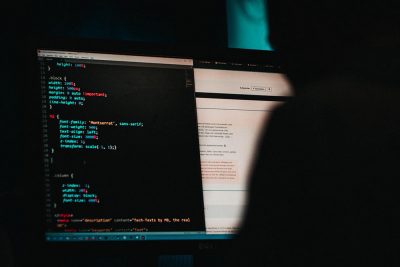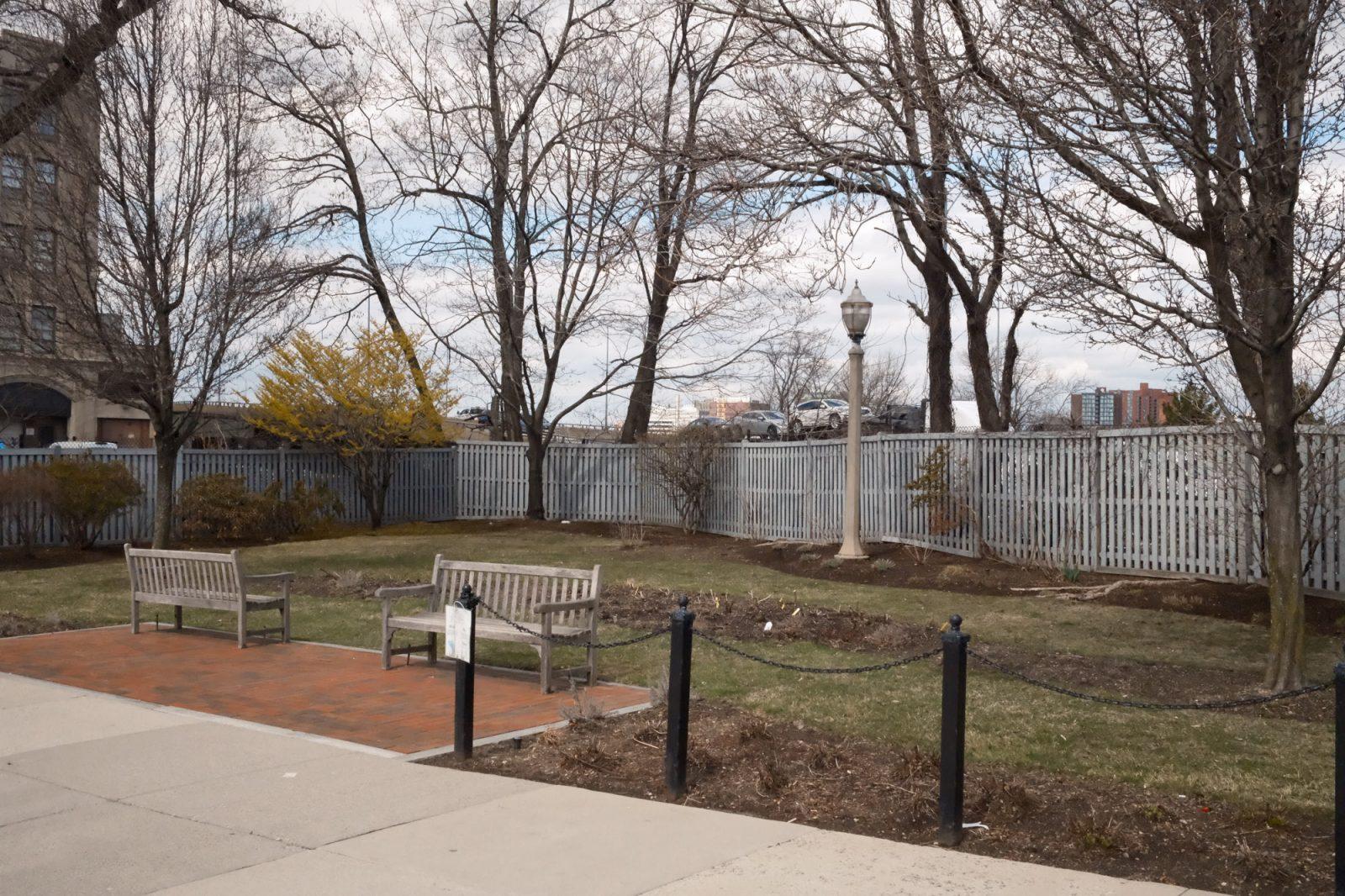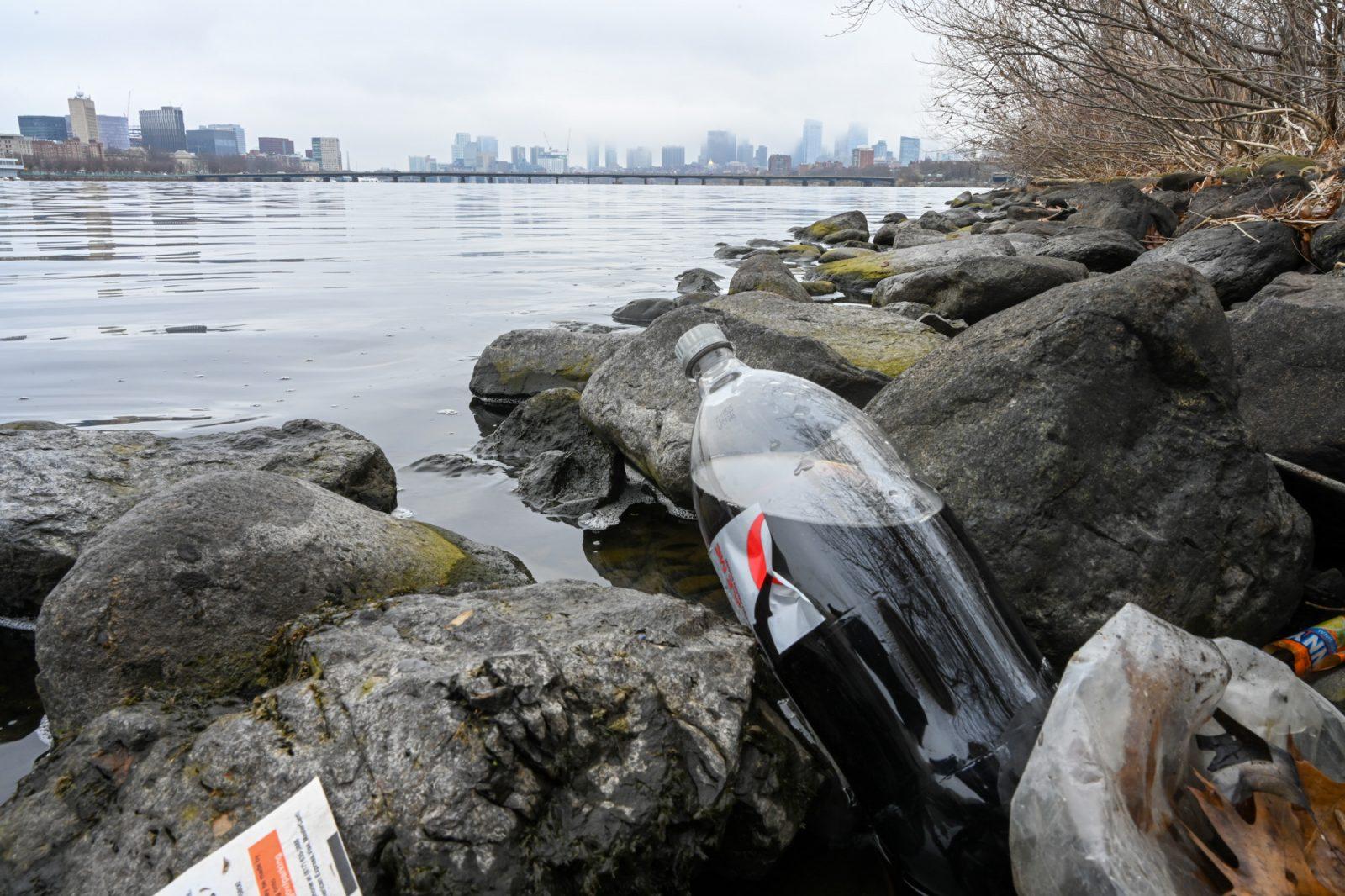As the contestants’ hands moved rapidly across keyboards, eyes trained at computer screens. All that could be heard in the basement of the Hariri Institute last weekend was the tapping and clicking of keys.

Students had 24 hours to develop code, apps and webpages for social causes at “MiniHacks for Good,” a mini-hackathon and datathon hosted by BostonHacks and Boston University Data Science Association. Students participated in teams and followed either a software engineer track or a data science track.
“In the data science track, people can get data sets … and find something meaningful out of it,” Hany Jasmine, the co-director of BostonHacks and junior in the College of Arts and Sciences, said. “The software engineering track, people can basically build whatever they want. It can range from something as simple as a website to mobile apps, or something using [augmented and virtual reality].”
The theme for the data science track — the first-ever datathon at BU — was education, Runsheng Wang, president of BUDSA and senior in the CAS, said.
“People get together and they work on a data set, and they try to make predictions on the data set,” Wang said. “Teams who predict better with higher accuracies will rank higher on the leaderboard.”
The winners of the datathon were Ryan Nie, Team Elisa & Vivian and Team Freshers.
Projects from the software engineering track were judged by Marco Raigoza, a junior in the CAS.
The group that won best overall in the software engineering track — made up of students Rishi Shah, William De Rocco and Ivan Yang — built a web app for Native American women who suffer from higher risk of diabetes. The app uses machine learning models to evaluate the early onset risks of diabetes for these women based on a brief survey using the “Pima Indians” dataset.
Jasmine said the event targeted underclassmen to get them involved in the more technical side of computer science and data science.
John Chai, the other co-director for BostonHacks and a junior in CAS, said it is “ really important” to get to know other people in the computer science community, especially for first-year students.
He said the hackathon is a good platform for networking.
“It’s not only for fun, but also a good way to increase your career experience and technical skills in CS,” Chai said.
Fernando Matos, a freshman in the CAS, and Grace Chen, a junior in the CAS, who both participated on software engineering teams, said this was their first hackathon.
“For me, it’s a lot more learning,” Matos said at the event. “From the stuff that I’ve learned before, now we’re actually applying it to the stuff that I actually want to do like making something and actually putting it to work rather than just doing problem sets.”
Christina Xu, the vice president for BUDSA and a junior in the CAS, said it is okay to not know everything and to really “embrace the learning process” when participating in hackathons.
“We hope that this event will also provide a casual environment for people to step their toes into the data science world in general,” Xu said.
Beginner-level workshops were also held throughout the day, covering topics from software engineering and data science to social and tech networking opportunities.
Lance Galletti, a part-time lecturer in the computer science department who led a workshop on Neural Networks at the event, said hackathons are valuable for students to learn how to work in a team, which he said is something you don’t learn in school as much.
“You’re competing with your classmates and your friends all the time … it’s not the best learning environment and not necessarily one that translates well when you move to industry,” Galletti said. “Learning how to work with others, being invested in other people’s growth and learning, sharing knowledge, sharing what you know with others, all these are just so important.”
Another winning software engineer team designed a mobile app called “The Kitten Contact” to motivate users to walk more. The third winning team also followed the theme of felines by creating a mental health awareness webpage that shows users pictures of happy cats when they’re feeling down.
A complete list of the winning projects as well as the other submitted projects can be found at the BU Mini-Hacks Project Gallery.






























































































































